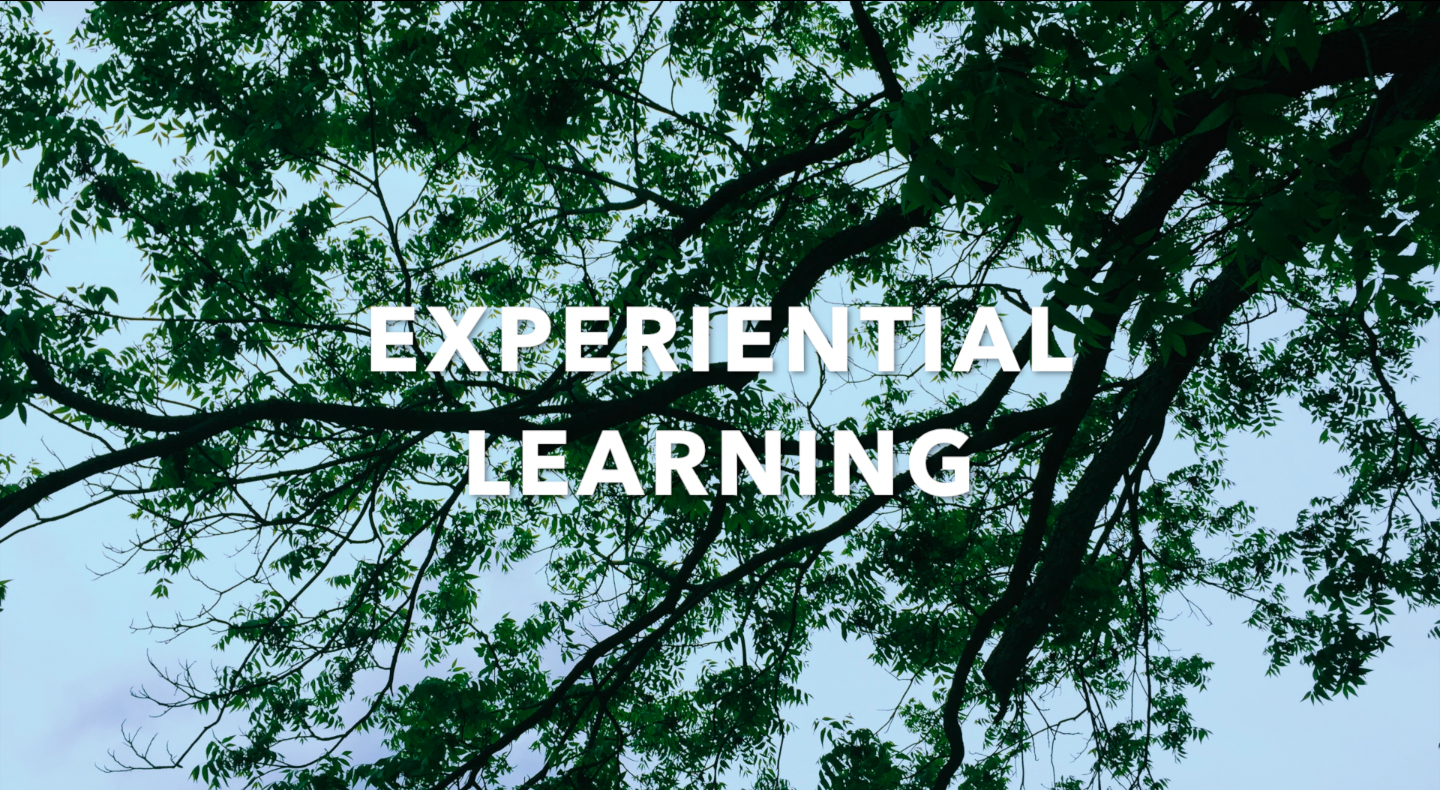Experiential learning is defined as any learning that supports students in applying their knowledge and conceptual understanding to real-world problems or situations. For as long as education systems have existed, teachers and professors across the world have differed in their methods of teaching. Experiential learning is typically contrasted with conventional learning—a lecture-based classroom style in which knowledge is transferred from one teacher to a group of students and the extent to which this knowledge has been observed is evaluated using objective tests. The classic lecture hall method of teaching is going out of style, and experiential learning is on the forefront of today’s learning methods. But why? Extremely large numbers of students have found themselves in boring, vapid lecture-style learning environment. Seldom do they find themselves excited and engaged in what they are learning. The teaching and learning that occurs within the conventional classroom is boring, and educators are finally starting to understand that these traditional methods are not as effective as they could be.
We set out to determine which type of learning was better, and we came to the conclusion that experiential learning is more beneficial to a broader range of people. From preschoolers to college graduate students, experiential learning has been proven to help students succeed in all aspects of their lives. These new methods give students a greater depth of education, allowing them to experience more individual growth than would ever be possible in a conventional learning environment. The forms of experiential learning differ greatly between the activities in which preschoolers engage in and the activities that college students engage in; younger students are introduced to more elementary level activities aiding in their emotional and intellectual development while older students are exposed to real-world applications that help familiarize them with the world around them. On both ends of the spectrum, however, experiential learning serves to provide a level of understanding and depth to the students’ respective topics. Experiential learning provides an unique, and arguably better educational experience to all of the people that partake in its beneficial learning style.
Experiential learning became more well known when David Kolb, a leader in the academic community of psychology in 1984, consolidated the general academic consensus about experiential learning as well as added his own take, creating what is now considered by many academics in the field to be the leading experiential learning theory. He continues to be a very influential and well known educational theorist who has helped shape the understanding of learning processes. The development of a concrete theory helped legitimise the use of experiential learning, making it more defined and accessible to the average student.
In assessing who exactly experiential learning is so special to, we were able to each develop an area of expertise for each age. Claudia focused on the benefits of college students in an experiential learning setting while studying abroad and participating in internships, while Isy, being a elementary education major, focuses on how experiential learning is special to elementary school kids, specifically in forest schools, for their creative development. Alex, on the other hand, uses Kolb’s cycle of experiential learning to discuss how it’s beneficial to everyone, and finally Gigi argues that experiential learning is only so special to certain personality types. Click on the links below to see exactly what we have to say on the topic of experiential learning!
